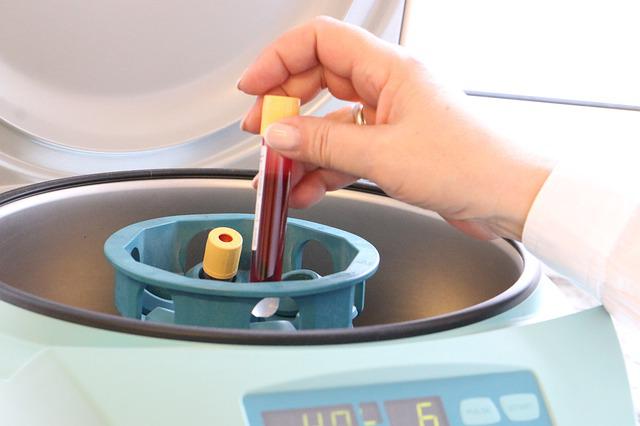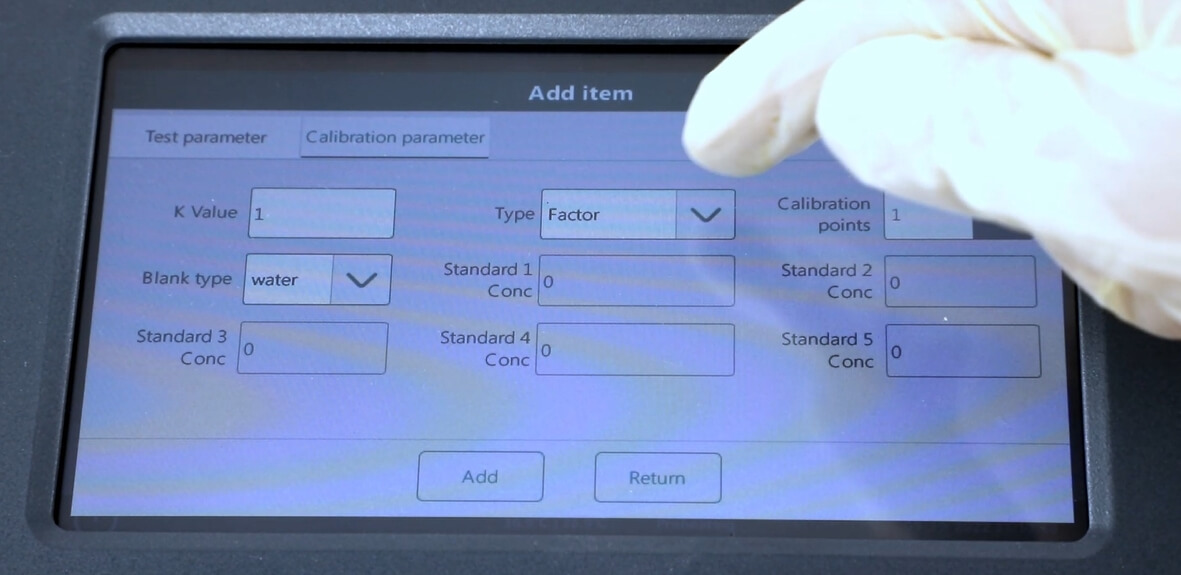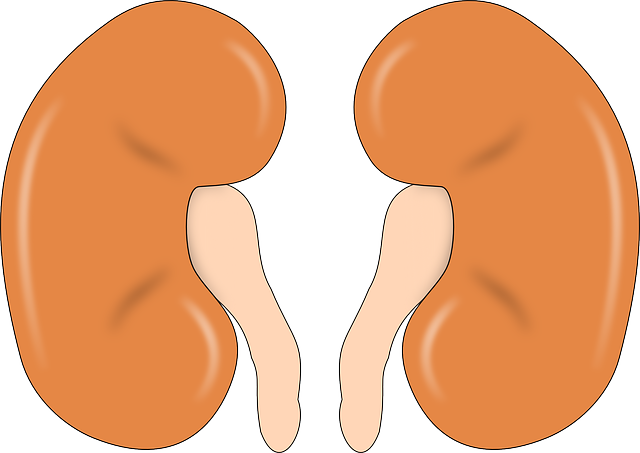Biochemical tests are an important part of medical testing and have the advantage of being quantitative. But is it really as simple as it seems? No, biochemical tests require qualified reagents, advanced instruments, and experienced personnel to obtain accurate test results. Each link must be strictly grasped, an accident in one link, will affect the entire test results. Based on this, this article is not as simple as the surface of the biochemical test, in order to allow you to better understand the biochemical test.

1. Biochemical test set the appropriate parameters
Some parameters of the
biochemistry analyzer is required to set their own detectors, such as the amount of reagents, wavelength, sample volume, etc.. In the case of creatinine picric acid assay, the effect of different delay times is explored. Under alkaline conditions, picric acid produces a red compound with certain fast-reacting substances within 50 seconds. After 120 seconds, picric acid interacts with slow reactants and forms positive interference. Therefore, the delay time should be controlled between 50 and 60 seconds, and the measurement time should be controlled within 60 seconds in order to completely eliminate the interference of slow and fast reactions and detect the accurate creatinine content.
In addition to this, although the reagent instruction manual has parameter setting guidance, and this is also reasonable and effective. However, the assayer also needs to make comprehensive observations, such as sample structure, instrument status, and laboratory conditions. Appropriate adjustments can be made to ensure that they meet the testing requirements.
2. he use of anticoagulants is also very important
Biochemical tests to choose the right ratio of anticoagulant. Because the calcium ions in the blood will be affected by anticoagulants, and varying degrees of change, which in turn affects the accuracy of the life test.
Some anticoagulants also interfere with some of the tests, for example, heparin anticoagulants can affect indicators such as alpha-fucosidase and total serum bile acids, making the absorbance falsely high and contributing to falsely high results. For this reason, it is necessary to choose the appropriate anticoagulant according to the patient's test items and anticoagulant instructions, such as LBP, heparin and EDTA-2K.
3. Effect of standard solutions on biochemical tests
Standard solutions are used in some specific tests. The methodologies of the standard solutions are different and should not be mixed. And the same methodology, the manufacturer is different, also can not be mixed. Because manufacturers use different reagents and calibrators, the production of standard solutions are also somewhat different.
4. The effect of reagent opening time on test results
After the reagent is opened, carbon dioxide in the air will enter the reagent and lower the pH value of the reagent. If the bottle is opened for a long time without calibration or calibration, it will make the test result high. Therefore, we should determine the reagents according to the specimen, and strive to use up the reagents within 2 days after opening the bottle and replace them in time to ensure the accuracy of test results.
5. Samples need to be separated and measured in a timely manner
Timely separation and determination of samples is the basis for obtaining accurate test results. Sample storage time can affect the results of some tests. The longer the whole blood is stored, the more the red blood cells will use the sugar in the serum to carry out anaerobic enzymolysis, which in turn produces pyruvate. This, in turn, converts NADH into NAD, which can cause false elevations in certain tests.
In addition, the blood glucose level in blood samples will gradually decrease as the storage time increases due to glycolysis. For this reason, it is important to communicate well in clinical testing and to actively train personnel who transport specimens and those who draw blood. Serum separation is performed promptly after receiving the blood sample, and the test is performed in a timely manner to prevent errors in the test results.
The laboratory technician should also strictly follow the principles of testing and receiving, and do a good job of managing and placing specimens so that they are not confused. In addition to this, the requirements on the lab sheet and the specimen are inconsistent with the need to re-collect the specimen.
6. Instrument water can also affect the life test
The correct choice of water for biochemical analyzer is an important part of obtaining accurate test results. Especially for the determination of iron, magnesium, copper, phosphorus, zinc, calcium plasma class items, the correct choice of instrument water is particularly important.
Although today's biochemical testing equipment in large hospitals have water systems, but almost all are deionized water. And the application of ion exchange resin needs to be replaced after a period of time, if not replaced in a timely manner, its exchange capacity will gradually reduce, the water ion content will gradually increase, resulting in high conductivity phenomenon. And rinse the instrument when using ion excess water, will directly affect the biochemical test results.
In addition, if the test carbon dioxide, blood ammonia and other items, if the water quality is not good, the instrument water already contains more carbon dioxide and ammonia, will also make the test results lose meaning.
If the serum contains glutamate dehydrogenase, the use of water containing good amine to rinse the test instrument will produce consumption of NADH, resulting in the use of NADH enzyme continuous monitoring method to obtain results will be high.
Therefore, the water used for the instrument should be tested regularly, and when its resistance is below 1 megohm, the activated carbon or ion exchange resin should be replaced in time.
The above is the biochemical test related knowledge, its not as simple as the surface see, I hope these contents can help you understand the biochemical test.



